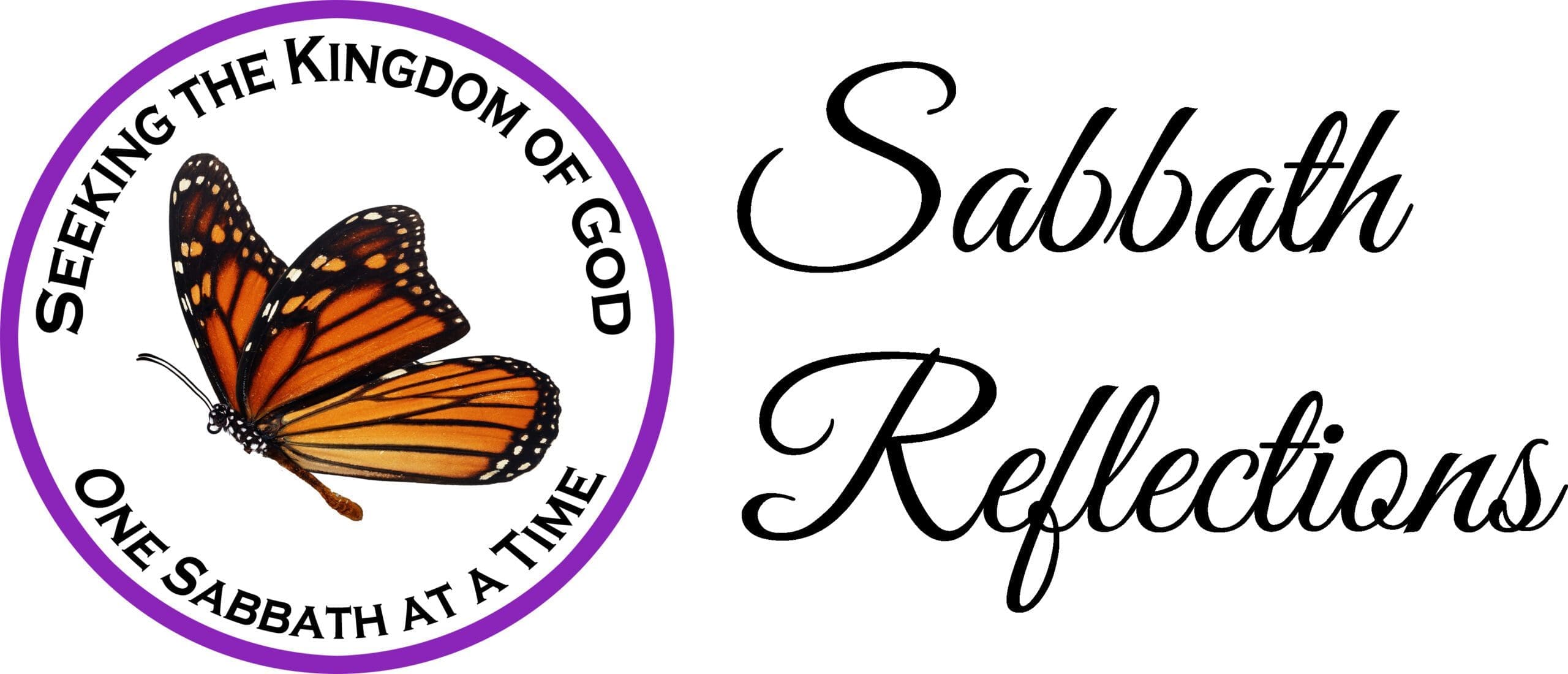SABBATH THOUGHT 2023-02-25—EKKLESIA OF GOD
May God bless you on His Sabbath day!
A friend reminded me recently about a word in the NT that has been mistranslated almost as long as English Bibles have existed. It is the Greek word ekklesia, which has been universally translated as church. While many understand this, the problem is that word church redefines and obscures our relationship with God the Father and Jesus Christ. First, look at the meaning of the word church:
DEFINITION OF CHURCH:
· A building used for Christian worship.
· A particular Christian organization, typically one with its own clergy [or ministry—author’s comment], buildings, and distinctive doctrines.
· An institutionalized religion as a political or social force.
To appreciate why church is a completely inappropriate translation for ekklesia requires understanding both the meaning of the Greek as well as an historical perspective. Here is the definition of ekklesia:
DEFINITION OF EKKLESIA:
· Literally—“a calling out.”
· Concretely—“a called out assembly.”
· In actual biblical usage—designates a group of people who were summoned to a gathering.
Ekklesia means a called out assembly. If a church was the intended meaning in Scripture, then something similar to the Greek word kyriakon (“house of the Lord”) would have been used. However, the Greek word ekklesia never refers to a building, organization, or denomination. When William Tyndale first translated the NT in 1526, he used the word congregation, which properly infers a sense of assembling according to a summons because congregate means “the action of gathering together.” This use of congregation was maintained with the publishing of Matthew’s Bible in 1537 as well as the Great Bible in 1539.
However, a Swiss follower of John Calvin started emphasizing the word church in 1556 to promote a Protestant hierarchical and authoritative church organization. This influenced the 1557 Geneva NT to translate ekklesia as church and it has remained a corruption of English Bibles ever since, including the venerable King James Version.
The proper meaning of ekklesia as “a calling out” (a summons or invitation) also implies that there is someone who does the calling. Obviously, it is God who calls His people[1]:
ACTS 2:39 For the promise is to you and to your children, and to all those who are afar off, as many as the Lord our God may call.”
Because our calling is from the one true God, there are no DIVISIONS among His children. This is embodied in the meaning of ekklesia and upheld by Scripture[2]:
ROMANS 12:4-5 For even as we have many members [parts
of the body] in one body, but all members [parts of the
body] do not have the same function; 5 Likewise, we, being many [parts
of the body], are one body in Christ, and each one members of one another.
The word translated members does not refer to someone associated with a group, it means a limb or body part. There should be a oneness of the people who are called by God (the whole point of 1 Corinthians 12:12-25). In every respect ekklesia refers to all who are called by God to come assemble before Him. The word church never describes the true body of believers. It might seem bad enough that all Bibles translate ekklesia as church, but the real evil is that it divides the true believers according to a building, organization, or denomination that sets up men between them and God!
Ekklesia originally had roots in the “assembly of the congregation[3],” which was what the ancient Israelites were called by God during the Exodus. Ekklesia is formed by two Greek words: ek (out) and kaleo (called). In most cases, ekklesia is a reference to those who are called or invited by God, chosen out of this evil world, and who then assemble before Him. In contrast with the OT, God BROUGHT the ancient Israelites out of Egypt—many against their will. But those of the NT covenant are INVITED by God as is the case in the wedding supper[4]. Those who respond are then chosen by Him to leave the ways of this world and be faithful unto God[5] alone.
In contrast, church always refers to a building, organization, or denomination in English. By definition, the word church divides people (i.e., as congregants in a particular building), through an alliance with a particular association (i.e., members of an organization), or by doctrinal differences. The word church always separates people into exclusive divisions that are established and organized by men.
In all regards, those of the ekklesia are not bound or grouped by any person, building, organization, or denomination. A proper translation of ekklesia is “called out ones” or “called out assembly” with the implication that they are called by God. They are not members of the Body of Christ, but belong to it. A membership requires applying for permission to join a group. Belonging means “to be rightly placed.” The reason that the ekklesia are not members of an organization is that they BELONG to God—we were purchased by Him through the blood sacrifice of His Son, Jesus Christ.
I know that all of this has been rather technical and is likely becoming an antidote for insomnia. However, the point about all of this is that it is a serious problem if we have a separatist mentality when it comes to God’s people. The true ekklesia belong to God. No person, building, organization, or denomination of men should stand between us and God. We are purchased by God with the sacrifice of Jesus Christ. Paul said it best when it comes to how we THINK of those who are members of a church vs. belonging to God:
1 CORINTHIANS 7:23 For you were bought with a price. Do not become slaves of man.
There is little anyone can do about all of the wrong translations of ekklesia in Bibles, but changing how we speak can make a difference in how we THINK about each other—we are all one Body and we are all purchased and washed by the blood of Christ!
1 CORINTHIANS 10:16-17 The cup of blessing that we bless, is it not the fellowship of the blood of Christ? The bread that we break, is it not the fellowship of the body of Christ? 17 For we, being many, are one body and one bread, because we are all partakers of the bread.
God’s people should NEVER be referred to, or considered to be, a church. Whenever someone says they are a member of XYZ Church of God, they are saying that they do not entirely belong to God AND, as a result, are separated and divided from all other churches of God. This is NOT how God views His people. Those who are Christ’s should not place their loyalty, allegiance, or commitment upon any person, building, organization, or denomination because we are no longer a part OF THIS WORLD[6]. There will be no disunity among God’s true children:
JOHN 17:21-23 That they all may be one, even as You, Father, are in Me, and I in You; that they also may be one in Us, in order that the world may believe that You did send Me. 22 And I have given them the glory that You gave to Me, in order that they may be one, in the same way that We are one: 23 I in them, and You in Me, that they may be perfected into one; and that the world may know that You did send Me, and have loved them as You have loved Me.
Perhaps you think I am just being fussy, but words really do matter because language defines our thinking. Consider this: People claiming to be a member of a particular COG rarely associate with other COGs. They declare, many times with feigned sadness, that there are “some” of God’s children in other groups but (there is usually a “but”) they are not doing as great a work of preaching the gospel, do not have as deep an understanding doctrines, are not giving as much of their income, are being fed milk instead of meat, are not as loving, do not provide as well for the brethren, etc.
This attitude is far more destructive toward those who do not (or cannot) associate with a COG. Be honest about this. So-called independents are looked down upon by those in the COGs. Those in the COGs generally view “independent” brethren as spiritually lost souls while those in a COG organization—who are under the authority of men—are all but guaranteed to be in the Kingdom. In many regards, the opposite might be closer to the truth because we all must “work out own salvation with fear and trembling.” (Phil 2:12).
This attitude has been around at least since WCG—I know because I have attended with a number of different COGs. I have also seen (and committed) the hypocrisy when someone leaves one COG for another. The new group is promoted as having “better” everything—from messages to doctrines to brethren. The real betrayal arises when the brethren in the previous COG are now shunned. This is the result of thinking we are “members” of an organization rather than belonging to the called out Assembly of God:
HEBREWS 12:23 To the general assembly and [ekklesia = congregation] of the firstborn, which are written in heaven, and to God the Judge of all, and to the spirits of just men made perfect,
While there are certainly distinct problems within the different ekklesia of Revelation 2-3, they were all acknowledged as the ekklesia. If we truly believe we belong to the ekklesia rather than a church, then boundaries would not exist between ANY of God’s people. It is time to put away “church” thinking and appreciate that the children of God are: the “called out (ekklesia) ones,” “chosen of God[7],” “called to be saints[8],” belong to the “Body of Christ[9],” will be the “Bride of Christ[10],” are of the “Household of God[11],” et al. Read the scriptures in the footnotes and meditate on the fact that we have all been purchased by the same body and blood as the Passover draws near! The ekklesia are those who are called by GOD, chosen by GOD, purchased by GOD, faithful to GOD, belong to GOD, and assemble before GOD. No one enters into the Kingdom of God because they have a membership with a man-made building, organization, or denomination.
May God’s grace and peace be upon you!
Steven Greene
https://sabbathreflections.org
[1] See also Rom. 8:28; 9:11; 11:29; 1 Cor. 1:9; 7:17; Phil. 3:14; 1 Thess. 2:12; 4:7; 2 Thess. 1:11; Heb. 5:4; 1 Pet. 5:10; 2 Pet. 1:3.
[2] See also 1 Cor. 1:2; 10:17; 12:12-25; Eph. 2:16; 4:4; Col. 3:15.
[3] The Hebrew influence for ekklesia is found in the words miqra’ (H4744) = convocation, lit. “a called out assembly” and qara’ (H7121) = proclaim, lit. “to call out.”
[4] Matt. 22:1-8.
[5] Rev. 17:14.
[6] John 17:14, 16.
[7] Luke 23:35; John 15:19; 1 Cor. 1:27-28; Eph. 1:4; 2 Thess. 2:13; Jas. 2:5; 1 Pet. 2:4, 9; Rev. 17:14.
[8] Rom. 1:7; 1 Cor. 1:2.
[9] Rom. 12:5; 1 Cor. 12:12, 27; Eph. 4:12; 5:23; Col 2:17.
[10] Rev. 19:7-9; 21:9; 22:17.
[11] Eph. 2:19.


